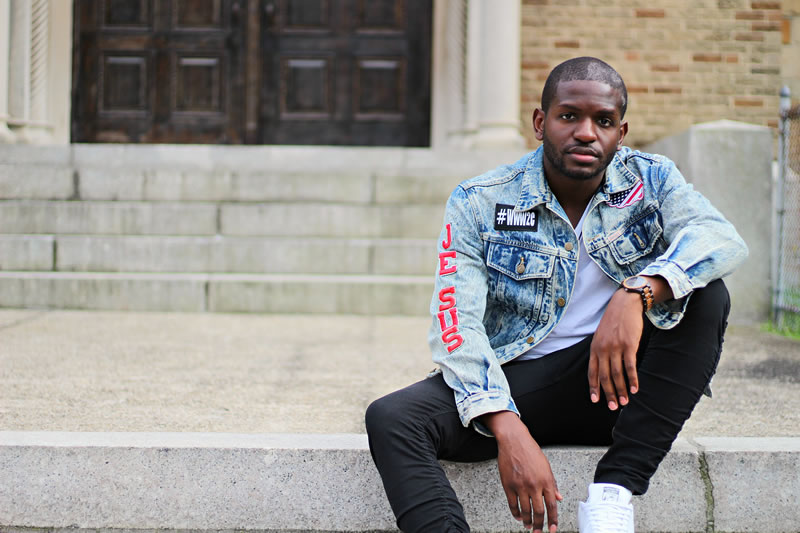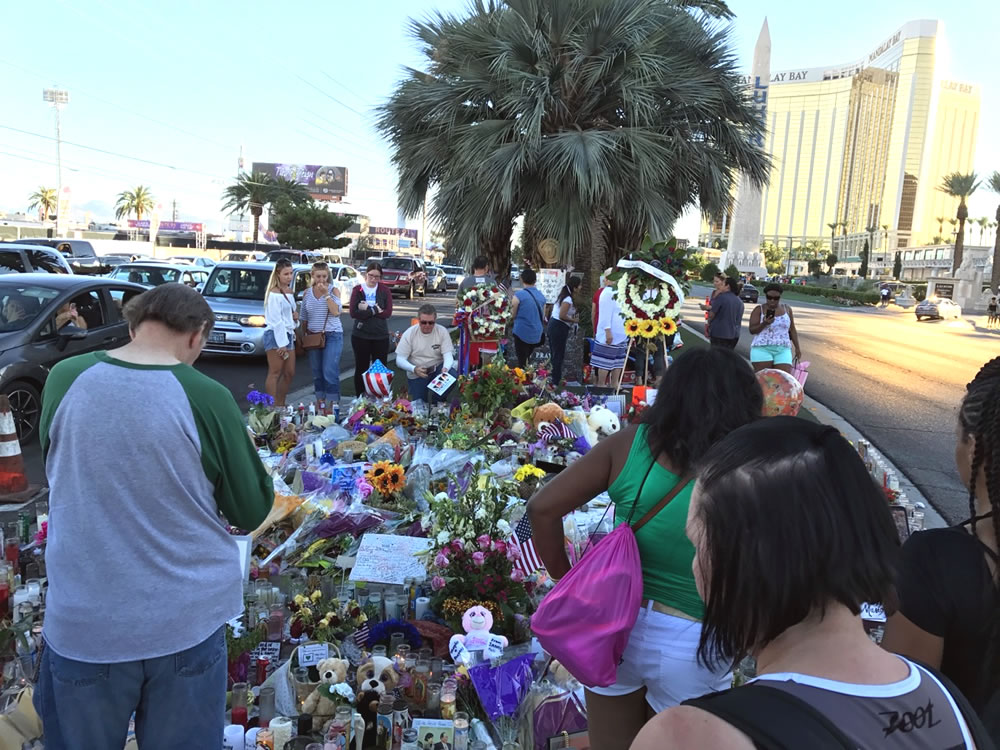What are the Characteristics of a Good Leader?
What do leaders do? WE RISE UP! But, it takes the right character and mindset to be an effective leader. While not an exhaustive list, here are some signs to look for and develop within yourself to be a good leader.
A Good Leader…
- Doesn’t wait for things to happen; leaders make things happen. And, if it’s never happened before, a good leader follows through and brings it to fruition, like Noah (Hebrews 11:17).
- Knows how to be a good follower. A good follower is one who doesn’t complain but sees a problem and becomes the solution.
- Knows how to communicate and be a good listener. He or she knows they don’t have all the answers all the time and are willing to hear and possibly implement creative suggestions from others.
- Is teachable; no matter how great you are, there is always room for improvement.
- Are compassionate. Leaders know they did not get where they are by themselves, and so, they are willing to help others.
- Fasts and prays (Mark 9:29)!
- Sees the big picture and doesn’t sweat the small stuff.
- Cries. A person who never cries is a dangerous person. There’s too much stress, turmoil, and frustration in life; a good leader understands that an emotional release is healthy and not a sign of weakness.
- Doesn’t announce to the world that they are good. We all can tell a tree by the fruit it bears (Matthew 7:16-20).
- Is humble. No one wants to follow a prideful person. And, we all know that pride comes before a haughty spirit – and haughtiness comes before a fall (Proverbs 16:18).
- Is generous; they know there are enormous benefits to giving.
- Is selfless. Selfish people are miserable and unhappy. Leaders who sacrifice for others reap fruit in both their lives and the lives of others. The seeds of selflessness have a supernatural way of reproducing themselves over and over again.
- Knows how to laugh; they don’t take themselves too seriously.
- Is not afraid of sacrifice. He or she knows that the greatest burden lies on their shoulders and there’s no fear in carrying the load.
- Leads others to a good place.
What Type of Leader are You?
Be a good leader!
Be one that others look up to and strive to be like. Be the type of leader who makes their parents proud and constantly brags to friends and strangers. Be the type of leader who smiles when you look in the mirror. Be the type of leader who sleeps well at night because the decisions made during the day were good and just.
Good Leaders Change the World
Good leaders are world changers. Can you imagine yourself changing the world in ways that dry the tears of the world? Can you imagine being the answer to a community’s prayer? Can you imagine using the gifts and abilities given to you by God and making a significant difference with them?
This whole world is waiting for good leaders and is groaning because of the lack thereof. Be the person who says, “If it is to be, it’s up to me.”
Are you a good leader? Does your light shine in dark places? Are you trustworthy; a person of integrity?
The body of Christ is in need of good, great, and excellent leaders – are you ready to rise up?
Can we depend on you? Can God depend on you? Is He calling you to do something that you are refusing to do? If God is calling you, why don’t you answer?
Don’t disqualify yourself. God knows what you have need of to accomplish your task or assignment. Therefore, He will send provision to your vision (Philippians 4:19). God believes in your ability and His call deserves an answer.
My friend, it’s your time to RISE UP!
SO, WHAT’S THE PLAYCALL?
Be intentional about becoming a good leader, or a better one.
One of the most important things we can do for ourselves and others is to work on self-improvement. Reading is a great way to grow your vocabulary, perspectives, and learn new skills. Surrounding yourself with people who are doing great things is another great way to grow and challenge yourself.
Be sure to guard your ears, eyes, and mouth as God elevates you.
What steps will you take to improve your life
and become a better leader?
What characteristics do you look for in a leader?




